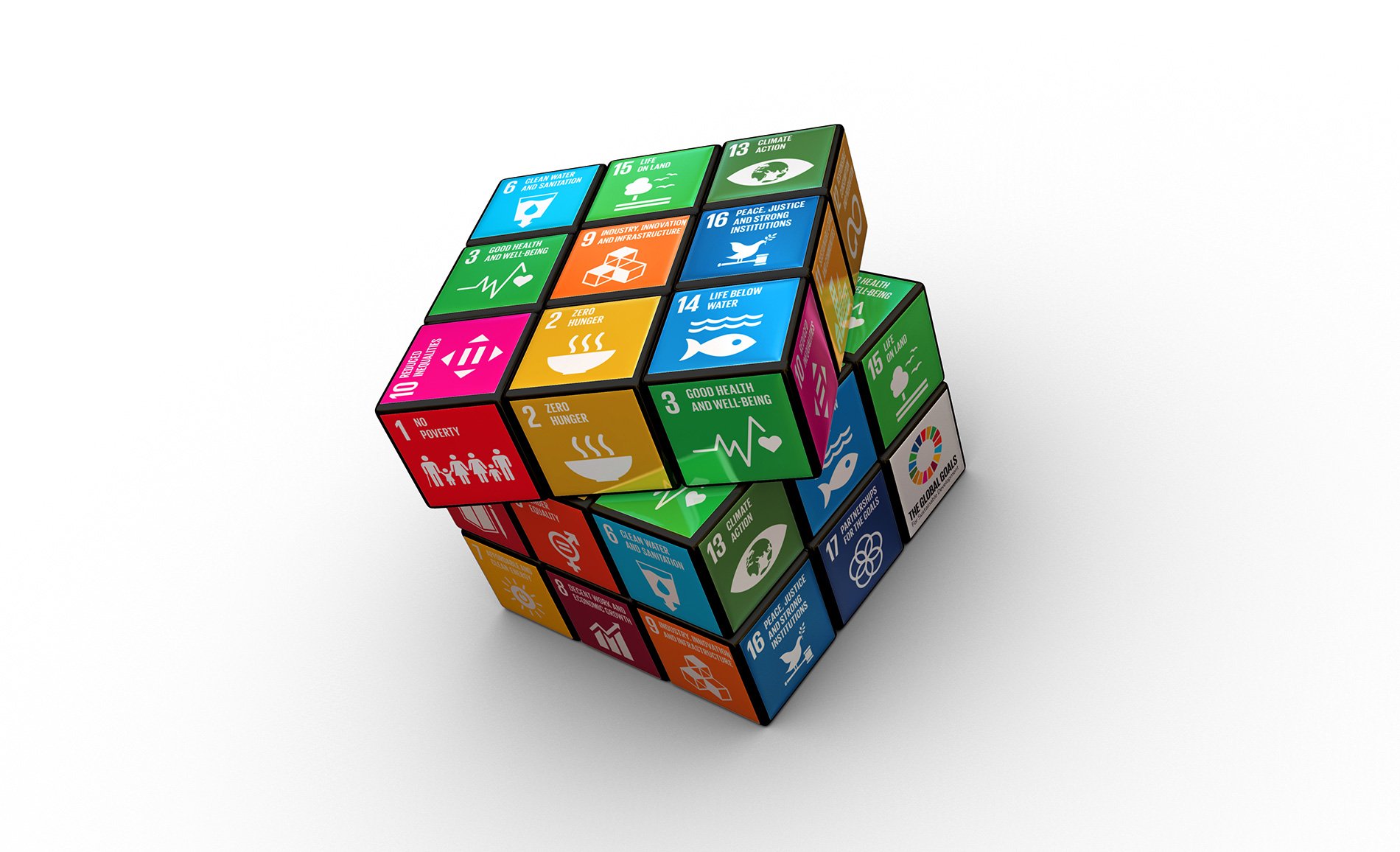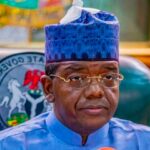
The UN Resident and Humanitarian Coordinator for Nigeria, Matthias Schmale, made the call at the Africa Social Impact Summit organised by the Sterling One Foundation, in Abuja.
The summit was themed “Rethink, Rebuild, Recover: Accelerating Growth for the SDGs.”
According to Schmale, Nigeria is critically important to the success of the 2030 agenda, both in Africa and globally.
He, however, said Nigeria was not on track to reach many of its SDGs by 2030.
“Our guiding principle for development and social impact is and as well as internally displaced and refugees hit especially hard by growing unemployment, spiralling inflation, and insufficient access to quality education and health services, we must take a fresh look at how best to support the most vulnerable on this continent.”
He said the challenge for older generations was to create an enabling environment for young people to reach their full potential.
“Like the youth, women and girls face many challenges in reaching their potential. Our late Secretary, Kofi Anan was right when he said that gender equality is more than a goal in itself. It is a precondition for meeting the challenge of reducing poverty, promoting sustainable development, and building good governance.
“If we position women and girls at the centre of economies, we will fundamentally drive better and more sustainable outcomes for all, support a more rapid recovery, and put Africa back on a footing to achieve the 2030 agenda and its accompanying SDGs. In my almost 8 months in Nigeria, I have been inspired by the many captains of industry that are women. We must learn from the positive examples of achieving greater gender equality to further fuel African economies.
“Empowering women and girls help expand economic growth. In fact, studies show that women and men participating equally in the economy could add a further US$28 trillion to the global annual GDP by 2025. Only yesterday I met with a group of representatives from the community of people living with disabilities. They made a strong and convincing plea that leaving no one behind must include them and especially women with disabilities if we are serious about inclusive growth.
“In referring to economic growth, allow me to underline that we must think growth and social protection together. It is evident that there is no quick-fix solution in a country like Nigeria to lift the almost 100 million people living on less than N370 a day above the poverty line. Those losing out must in the short and medium term be protected in effective and innovative ways including through cash transfer programmes.
“And it is imperative that support and subsidies aimed at making life more bearable for the poor really does reach them, and those significant adjustments are made where they don’t.”
He added that impactful development requires investment into quality education for all and affordable health care.
Also speaking, the Chief Executive Officer, Sterling Bank and board member, Sterling One Foundation, Abubakar Suleiman, said the summit would bring the idea of investments to drive social impact towards addressing the SDGs, climate change, food security, education, renewable energy, water, sanitation and hygiene.
“A lot of people will meet here for the first time and start working together, some are already working together and they will accelerate what they are doing. There is a place for us to bring government, non-governmental organisations, and private sectors together to solve the same problem,” Suleiman said.
On her part, the Chief Executive Officer of the foundation, Olapeju Ibekwe said all hands must be on deck to achieve the targets of the SDGs.
“The pandemic has set us back towards the achievement of the SDGs but before 2030, we have a lot to do. This summit is to drive regional inclusive conversations and bring policymakers in the public and private sectors to come up with a new path to accelerate the achievement of the goals,” she said.
The PUNCH reports that the summit will enable impact investors to design market-led solutions and accelerate impact investment into Africa to achieve the Sustainable Development Goals 2030 with a focus on Climate Solutions, Circular Economy, Agriculture, Renewable Energy, Health and WASH.





